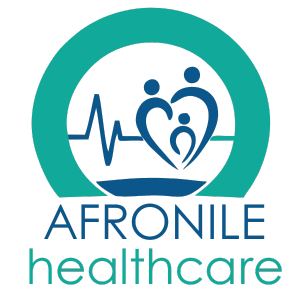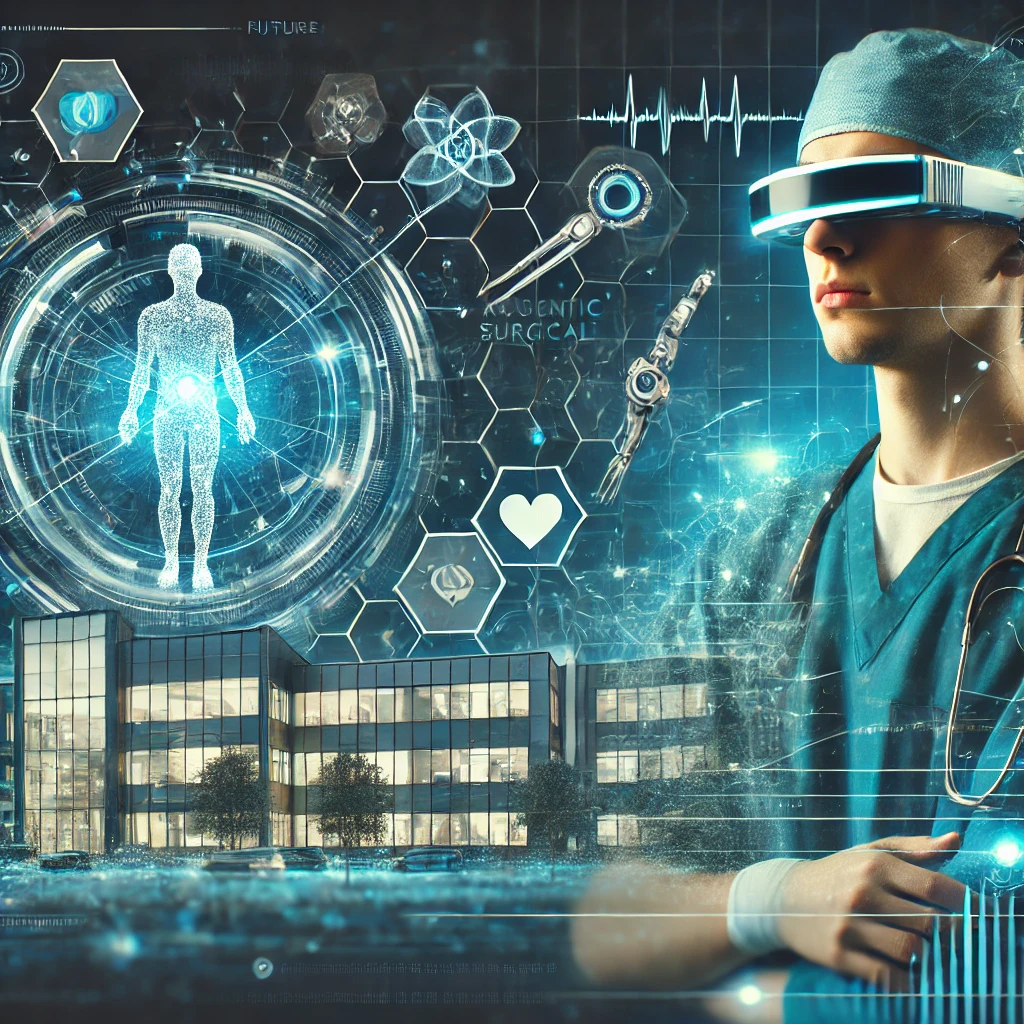The healthcare industry is evolving rapidly, driven by groundbreaking advancements in technology and innovative practices. From artificial intelligence to personalized medicine, the future of healthcare is focused on improving patient outcomes, enhancing operational efficiency, and making medical care more accessible to all. In this blog post, we'll explore some of the most exciting trends and developments in the medical field.
1. Artificial Intelligence in Medicine
AI is revolutionizing healthcare by enabling faster and more accurate diagnoses. Machine learning algorithms analyze vast amounts of medical data to detect patterns that human eyes might miss. Applications include:
- Predictive analytics: Identifying patients at risk for diseases like diabetes or heart failure.
- Medical imaging: AI tools enhance the accuracy of X-rays, MRIs, and CT scans.
- Virtual health assistants: Chatbots powered by AI assist patients with symptom checking and appointment scheduling.
2. Telemedicine: Healthcare Without Boundaries
Telemedicine has transformed how patients access medical care, especially during the COVID-19 pandemic. It enables remote consultations with healthcare professionals through video calls, reducing the need for physical visits. Benefits of telemedicine include:
- Convenience for patients in rural or underserved areas.
- Reduced hospital crowding and wait times.
- Enhanced monitoring of chronic conditions through wearable devices.
3. Personalized Medicine: Tailoring Treatment Plans
Gone are the days of one-size-fits-all treatments. Personalized medicine uses genetic information to design therapies specific to an individual’s biological makeup. Key areas of application include:
- Cancer treatment: Targeted therapies that attack specific cancer cells without harming healthy tissue.
- Pharmacogenomics: Understanding how an individual’s genetics influence their response to drugs, minimizing side effects.
4. Robotics in Surgery
Robotic-assisted surgeries have become a staple in modern operating rooms. These systems provide surgeons with greater precision, flexibility, and control. Some advantages are:
- Minimally invasive procedures with faster recovery times.
- Enhanced accuracy in complex surgeries, such as heart and brain operations.
- Reduced risk of complications.
5. Wearable Health Technology
From smartwatches to fitness trackers, wearable devices are empowering individuals to take charge of their health. These gadgets monitor vital signs, such as heart rate, blood oxygen levels, and even sleep patterns. Emerging technologies include:
- Continuous glucose monitors: Helping diabetics manage blood sugar levels in real-time.
- ECG-enabled devices: Detecting irregular heart rhythms and alerting users.
6. Advanced Genomics and Gene Editing
The field of genomics is uncovering the secrets of our DNA, paving the way for revolutionary treatments. Tools like CRISPR are enabling scientists to edit genes to correct genetic disorders. Some promising applications include:
- Eradicating inherited diseases like cystic fibrosis and sickle cell anemia.
- Developing gene therapies for previously untreatable conditions.
7. The Role of Big Data in Healthcare
Big data is unlocking new possibilities in medical research and patient care. Healthcare providers analyze data from electronic health records (EHRs), clinical trials, and wearable devices to:
- Improve patient outcomes through data-driven decisions.
- Optimize hospital operations and resource management.
- Predict disease outbreaks and trends for better preparedness.
Conclusion
The future of the medical field is brighter than ever, with innovative technologies reshaping how we diagnose, treat, and prevent illnesses. As these advancements continue to develop, the ultimate goal remains the same: delivering better care to patients while enhancing the overall healthcare experience.
Whether you're a healthcare professional, a patient, or simply an enthusiast, staying informed about these trends is crucial as we embark on this exciting journey toward the future of medicine.
Are you ready to embrace these changes in the healthcare landscape? Let us know your thoughts in the comments below!



